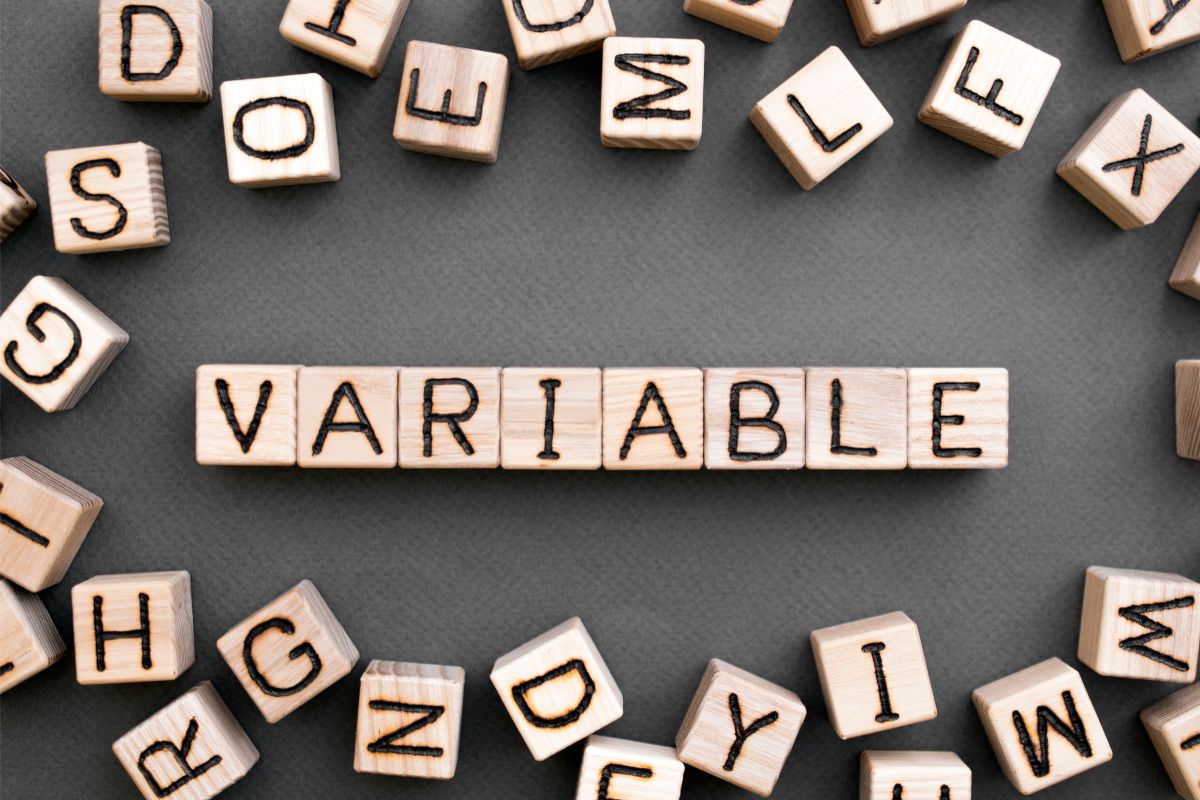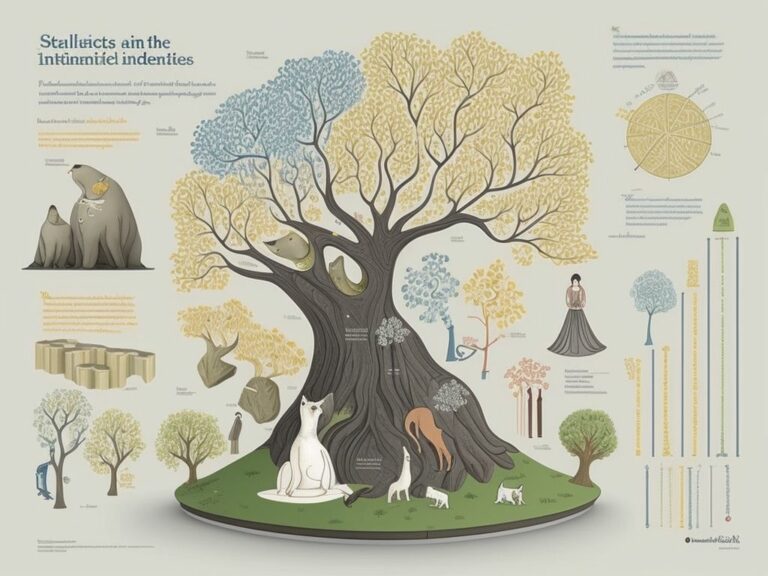What Is A Confounding Variable?
A confounding variable is a variable that is not considered in an experiment, but it does affect the relationship between the two variables being studied.
It is named a confounding variable because it has the ability to confound the results of the study, and lead to unreliable results.

This article will look at confounding variables in more detail!
What Are The Two Main Variables?
In a study, there are two main variables that are considered. These are:
Independent Variable
The independent variable is a variable that is changed so that the experimenter can observe how this variable affects the dependent variable.
Dependent Variable
The dependent variable is the variable that is measured as a response to the controlled independent variable. This variable is dependent on the independent variable.
In a study, you will look at how the changes that are applied to an independent variable will affect the dependent variable.
Confounding Variable
However, there is sometimes a third variable. This variable is not accounted for, and it affects the relationship between the independent variable and the dependent variable.
Confounding variables alter the results.
They do this by making it seem like the independent variable has caused a change in the dependent variable, but really the confounding variable was the thing that caused the change.
It is usually something that you are not looking to study and it affects the results of the experiment.
Example Of A Confounding Variable
Let’s take a look at an example of a confounding variable to ensure that you understand.
If a study is looking at the correlation between ice cream sales and people fainting, and finds that if more ice-creams are sold, more people will faint, it looks as if the two variables are linked.
What has been missed however, is that when more ice-creams are sold, and when more people faint, there is another variable that affects this: temperature. This is a confounding variable.
How Can You Identify A Confounding Variable?
If a variable meets the following criteria, then it can be defined as a confounding variable.
Correlate With Independent Variable
In order for a variable to be a confounding variable, it must be correlative to the independent variable.
For instance, in our previous example, the temperature is correlated with the sale of ice-cream.
Causal Relationship With Dependent Variable
It will also need to have a relationship with the dependent variable, but this relationship will be causal.
For instance, the temperature (confounding variable) causes a higher number of people to faint (dependent variable).
Why Are Confounding Variables Problematic In A Study?
Increase In Variance
Sometimes, confounding variables are not able to be controlled. For instance, there may be a study on people that is affected by genetic factors.
In this case, confounding variables mean that any cause and effect relationship between the independent variable and the dependent variable may be impacted by the confounding variable.
This can cause a misinterpretation of results in some cases.
Invalidates Findings
If a confounding variable changes the outcome of an experiment, it can invalidate the findings of a study.
This is because it is difficult to distinguish what caused the dependent variable to be affected. It can display an incorrect correlation between the independent and dependent variables.
How To Reduce The Effects Of Confounding Variables?
It is very important to consider ways that you can prevent or restrict the effects of confounding variables on the research process.
Below are some ways that this can be controlled:
Randomization
You can randomize the variables to allow you to collect observations from lots of different cases. You can then interpret this information.
Collect a random sample by giving each element of the variable a chance to be studied. This will help you to get closer to a result.
Blocking
You can also use the process of blocking to reduce the effects of the confounding variable. You can do this by splitting up the individuals who are taking part in the study into blocks.
For instance, if you are looking at weight, gender is likely going to be a confounding variable in the experiment. You can split the group into two blocks in this case: male and female.
Matching
Using the matching method, you will spread the confounding variable out across the research data evenly so that it doesn’t obscure the data in the same ways.
You can then observe the findings in pairs. This will give you more statistical accuracy during the research process.
This can be problematic for a few reasons, however. You will find that if you use the matching method, you will lose 2 participants if one drops out, as you will also lose their match.
It is also very time-consuming to find matches. You will also find it very difficult to match subjects perfectly. No two people are the same so there will always be some differences within each pair.
Frequently Asked Questions
What Is The Difference Between Confounding, Independent, And Dependent Variables?
An independent variable is a variable that is the potential cause, and the dependent variable is the potential effect.
A confounding variable is a variable that influences both of these variables and it will affect the results of the study.
It is very important to identify and account for confounding variables because if you don’t, it can invalidate your findings completely.
It can cause you to find an incorrect relationship between the independent and dependent variables.
Why Do Confounding Variables Matter?
In order to ensure that your research has validity, confounding variables must be considered.
They can have a huge impact on your findings and can cause you to incorrectly identify a link between your independent variable and your dependent variable.
This can have a huge effect on your research and can cause your findings to become useless.
Final Thoughts
You should now have a complete understanding of a confounding variable and how it affects a study. It is very important to be aware of the effects of confounding variables.
- What Polls Reveal About Sleeping Together Early and Long-Term Relationship Success - July 7, 2025
- How to Design a Hard Harry Potter Trivia Challenge - October 4, 2023
- How to Design a Dear Peachie Makeup Preference Poll - October 4, 2023








